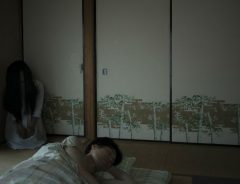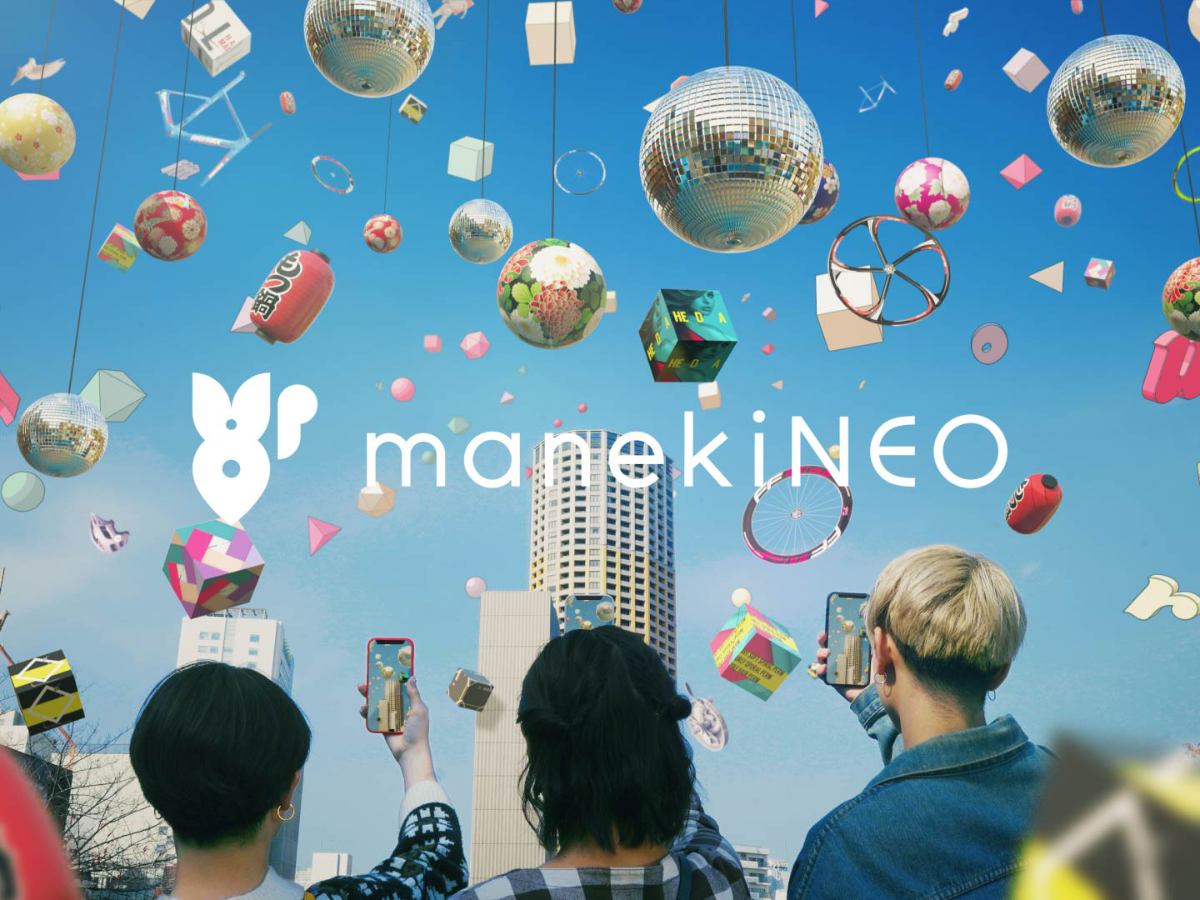- Tags:
- Apps
Related Article
-

Pechat: The Button Device That Lets Stuffed Animals Talk
-

Tinder opens new adult-only convenience store SwipeMart in Japan
-

“Beautiful Robot Girl” AI App Hopes To Deliver Authentic Girlfriend Conversation Experience
-

Police Issue Warning After Viral Game Challenge With Disturbing Demon “Momo” Takes Dark Turn
-

Improve sleep habits with some adorable friends in the sleep tracker “Yohitsuji no Mori”
-

Stop-motion anime Pui Pui Molcar drives into its first mobile game



As society has begun to break the boundaries into the digital realm – with the launch of VR, the metaverse and the ever increasing popularity of the crypto world – there has been a “resurrection” of sorts for real-world exploration, so as to encourage individuals to “learn their locality” and find enjoyment in the physical world just as they would in a virtual one.
Some would argue that this is just “push-back” from those who don’t currently understand the concepts of virtual reality, but others would point out that it is important we remember who we are before we take our deepest dive yet into the digital universe.
There are, however, a number of companies and brands that sit on a blurred line between virtuality and actuality. A good example of this is Niantic who happen to be the company behind augmented reality mobile games Ingress and Pokémon Go. These apps require the user to physically move about their surroundings in order to achieve something within the game, as such obscuring the boundary that exists between the digital and real world.
Similar concepts include the random coordination point generator app Randonautica, audio-only AR sports app Zombies, Run! and Google’s very own AR services.
Following the outbreak of COVID-19, getting out and about to explore and travel has been a little harder to do rather than say. For that very reason, developers behind AR applications like the ones mentioned above have put on their thinking hats and come up with ways to “bring travel into the home”.
One such project is Maneki NEO, which is attempting to “boost and attract tourism to regions affected by the coronavirus” through a AR blend of music, video, and imagery specific to each area.
The project is the brainchild of the following three companies; Magrant Co., LTD who specialise in video, Pyramid Film Quadra Co., Ltd. who cover digital technology and the music production company otoco Co., Ltd.
As one might have already guessed, the project’s name Maneki NEO is inspired by the common Japanese figurine ‘Maneki Neko’, which is often referred to in English as the ‘Beckoning Cat’. Just like it’s namesake, the project embodies the act of ‘invitation’ by encouraging users to visit a variety of locations.
Currently the app is still only in its first phase, with content limited to Nakameguro, but the aim is to eventually branch out and encourage discovery and exploration (both IRL and digitally) of locations throughout Japan. To enable this, the developers behind the app are looking for potential partnerships with venues and local governments, as well as individual digital content creators who would like to be involved in the project.
Whilst an emphasis will be put on revitalising tourist spots and important historical locations, Maneki NEO will also attempt to attract explorers to areas that may be considered “everyday” and/or “mundane” through the power of digital content.
Examples of how the app is expected to develop include; providing historical and cultural information for particular locations, using digital creations to turn a “nothing special” location – such as an empty housing lot – into “something special” and the introduction of “AR treasure chests” at various locations on a map that users can hunt down and unlock.